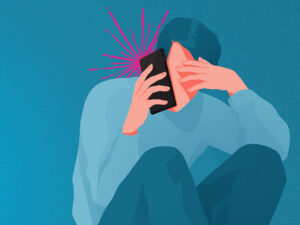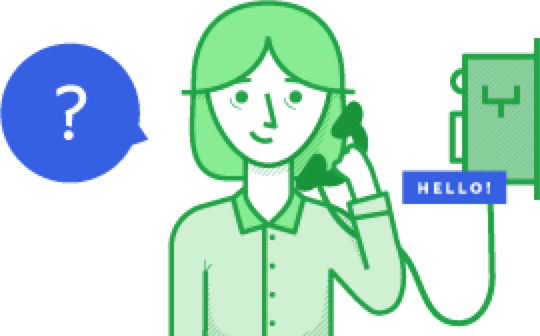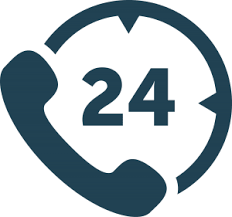When you’re feeling down, it’s natural to reach out for help. But where do you go? If you don’t know where to start, or if you’re not sure what kind of help is available, a depression hotline can be a great place to turn. In this blog post, we’ll discuss everything you need to know about depression hotlines: what they are, how they work when to call them, and more!
Contents
Understanding Depression Hotline

A depression hotline is a telephone line that offers emotional support and crisis intervention to people who are experiencing depressive symptoms. Depression hotlines can be staffed by mental health professionals or volunteers.
These hotline numbers can be found in most countries around the world. In the United States, for example, several national hotlines offer support for people with mental health conditions, including depression. The most well-known of these is the National Suicide Prevention Lifeline, which offers 24/hour support to people in crisis.
How It Can Help
Depression hotlines can provide a variety of services to people who are experiencing depressive symptoms, including:
- Listening to callers and providing emotional support
- Assessing the severity of the caller’s symptoms
- Providing information about depression and its treatment
- Referring callers to mental health professionals or other resources
When To Dial-In
Depression hotlines are available 24/hours a day, 365 days a year. If you’re feeling down and need someone to talk to, you can call a depression hotline at any time.
Connecting With Depression Hotline

How To Get Started
If you’re interested in using a depression hotline, the best way to get started is by contacting your local mental health authority or searching for depression hotlines online. In the United States, there are several national hotlines that offer support for people with mental health conditions, including depression. The most well-known of these is the National Suicide Prevention Lifeline, which offers 24/hour support to people in crisis.
What To Expect
When you call a depression hotline, you will be connected with a trained mental health professional or volunteer who can provide you with emotional support and information about resources. Moreover, you’ll likely be asked a few questions about your symptoms.
This professional will also be able to assess the severity of your symptoms and help you determine if you need more intensive treatment. However, it’s important, to be honest with the person on the other end of the line. As they will need to assess your condition to provide the best possible support.
Things To Keep In Mind
If you’re thinking about calling a depression hotline, there are a few things you should keep in mind.
- First, make sure you have time to talk. Hotlines can be very busy, and the operator may not be able to answer your call immediately. Be patient, and wait for the operator to come on the line.
- Second, make sure you’re in a safe place. It’s important to be able to talk openly and honestly with the operator, and you don’t want to be in a situation where someone can hear your conversation.
- Finally, make sure you have information about the depression hotline you’re calling. This includes the number, the hours of operation, and what services the hotline offers.
Things Not To Expect
There are a few things to keep in mind when calling a depression hotline:
- Hotlines cannot replace the professional help you get from mental health professionals. So, if you’re experiencing severe or ongoing depressive symptoms, it’s important to seek professional help.
- Not all hotlines offer the same services. Make sure you know what services the hotline offers before calling. It is best to do a bit of research on the internet about the hotline you’re dialing.
If you’re feeling suicidal or in danger of harming yourself, it’s important to tell the person on the other end of the line. They will be able to provide you with help and support.
Red Flags To Ignore
There are a few red flags that you should ignore when calling a depression hotline. These include:
- Asking for personal contact information
- Asking for money or financial assistance
- Pretending to be a mental health professional
Conclusion
No matter where you are in the world, there is a depression hotline that can help. If you are feeling suicidal or just need someone to talk to, don’t hesitate to reach out. The people who staff these hotlines have professional training to help. And they feel professional commitment to see you get through whatever you’re going through. Remember, you are not alone. If you are feeling suicidal or just need someone to talk to, don’t hesitate to reach out.
A Word From Therapy Mantra
Your mental health — Your psychological, emotional, and social well-being — has an impact on every aspect of your life. Positive mental health essentially allows you to effectively deal with life’s everyday challenges.
At TherapyMantra, we have a team of therapists who provide affordable online therapy to assist you with issues such as depression, anxiety, stress, workplace Issues, addiction, relationship, OCD, LGBTQ, and PTSD. You can book a free therapy or download our free Android or iOS app.


